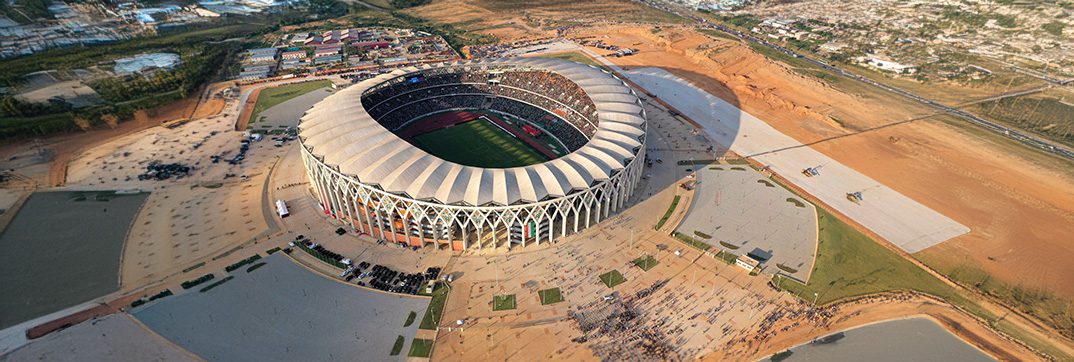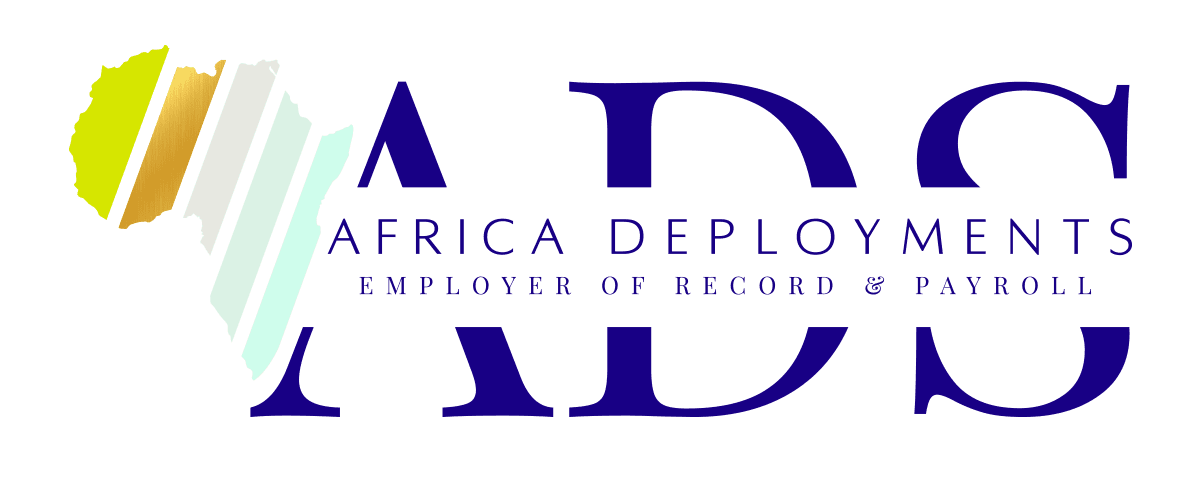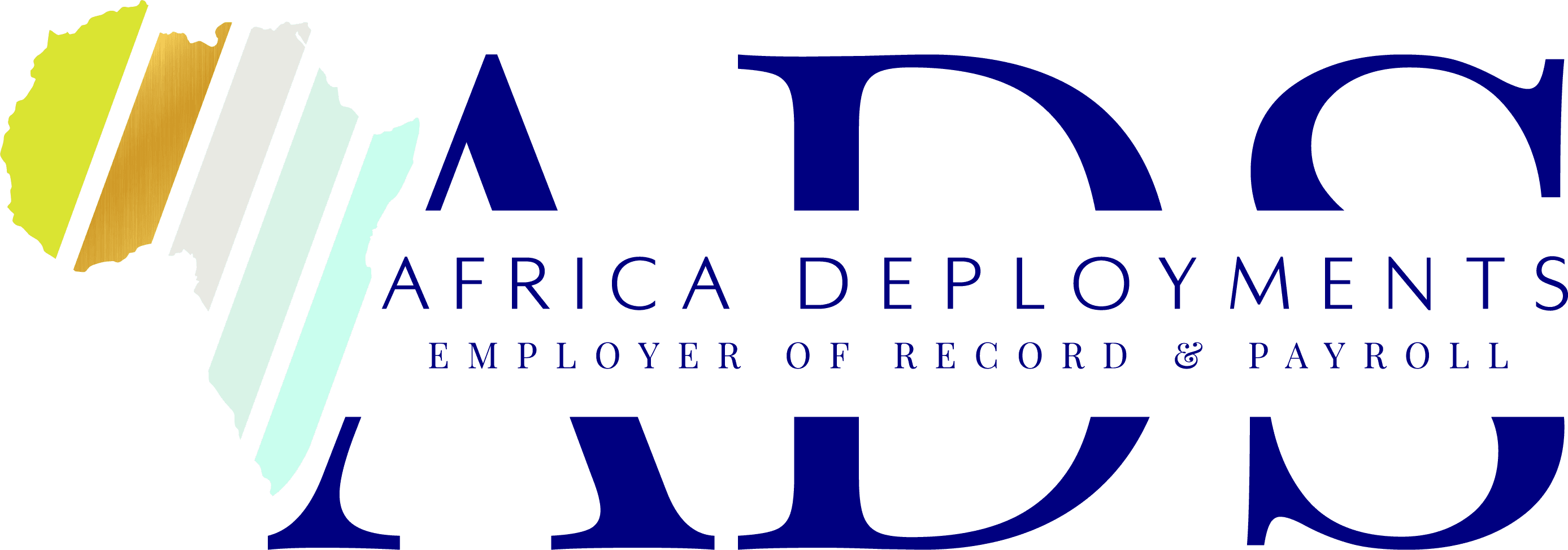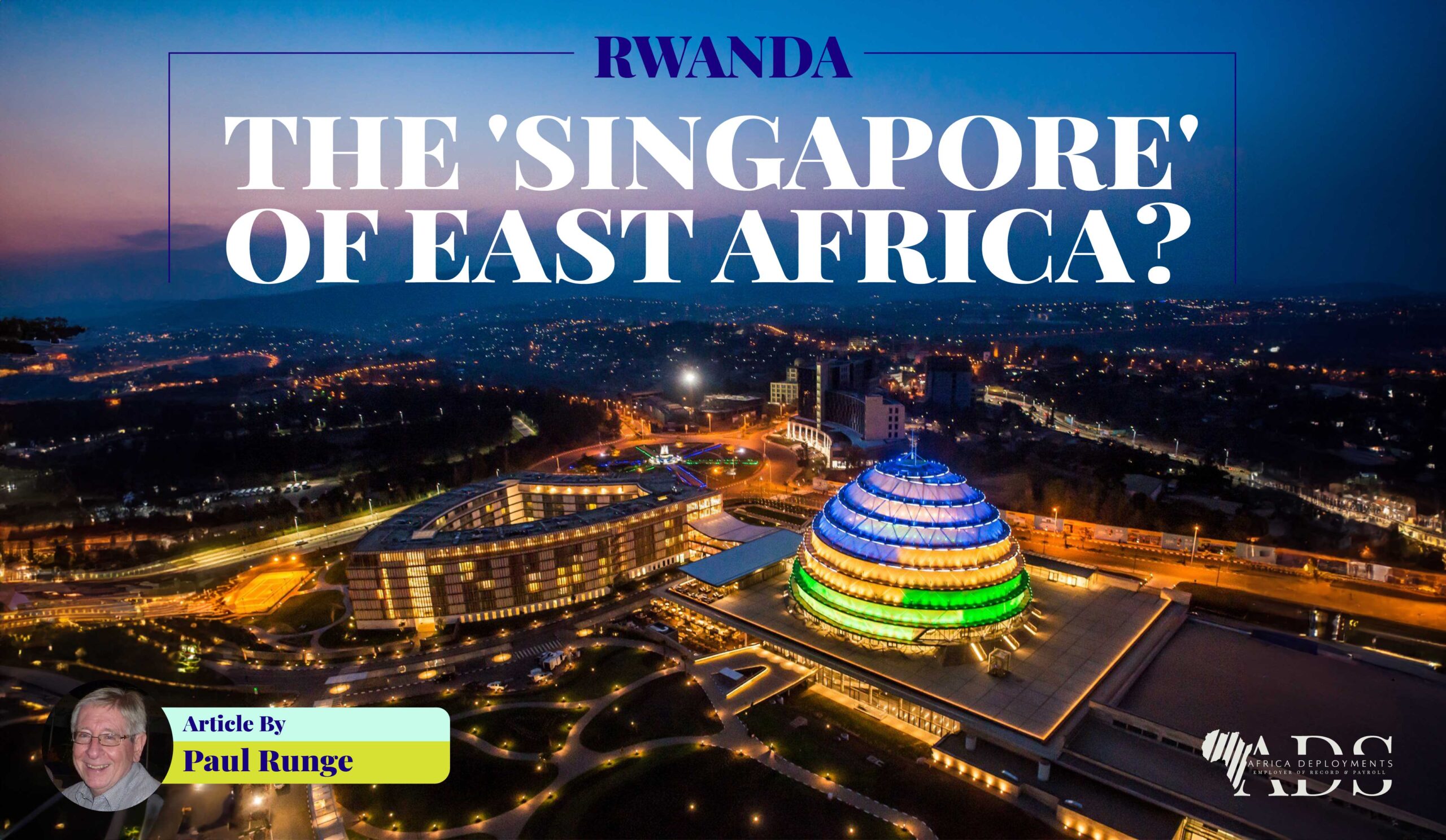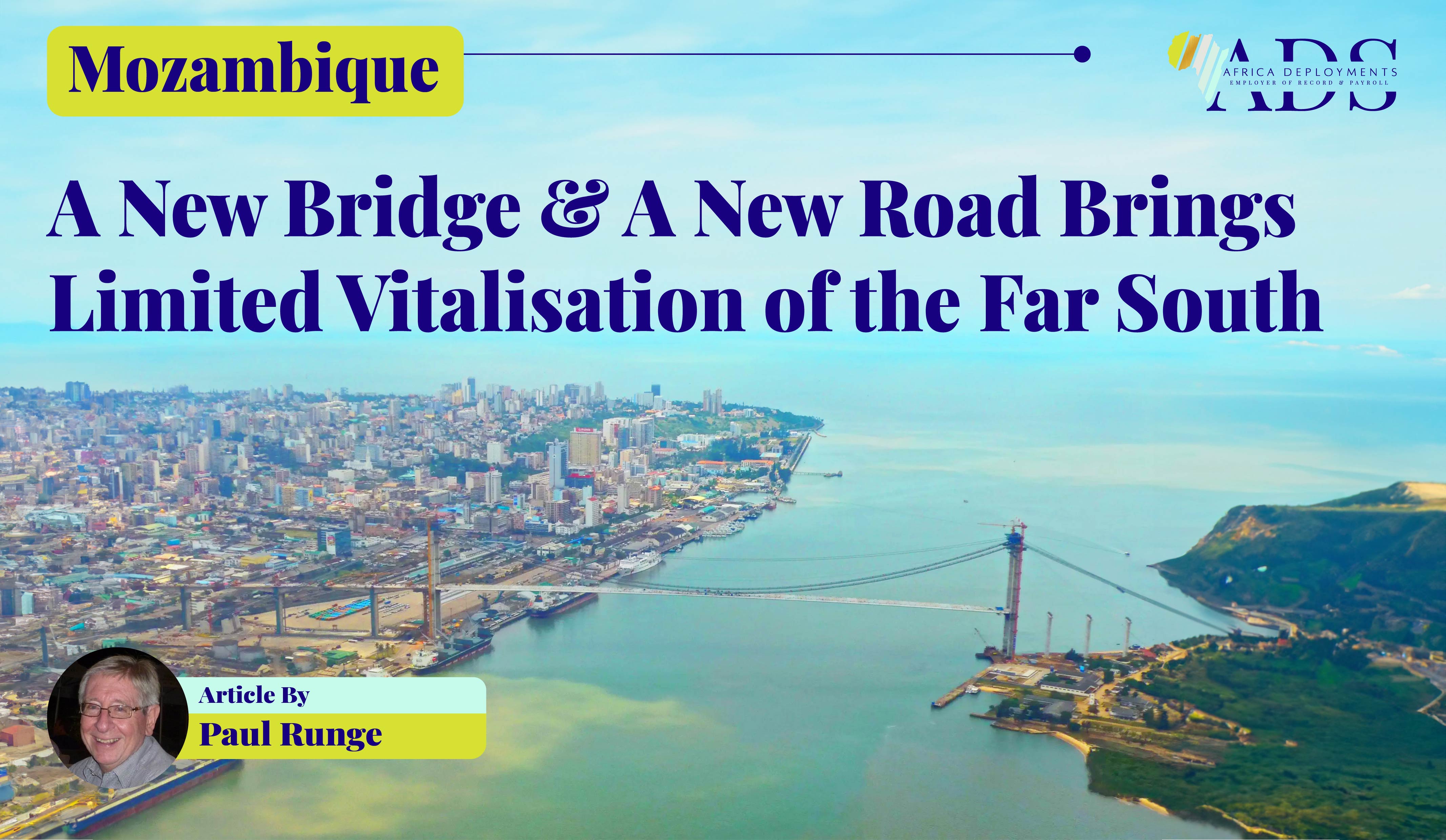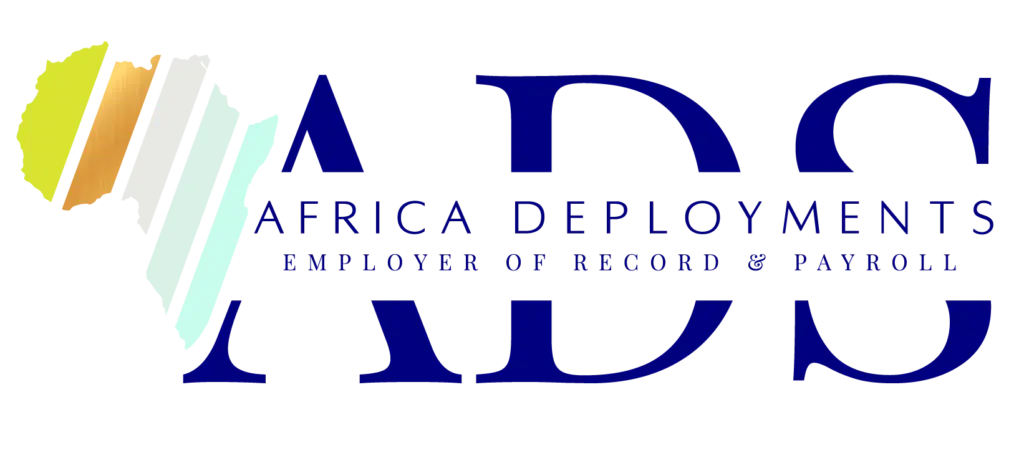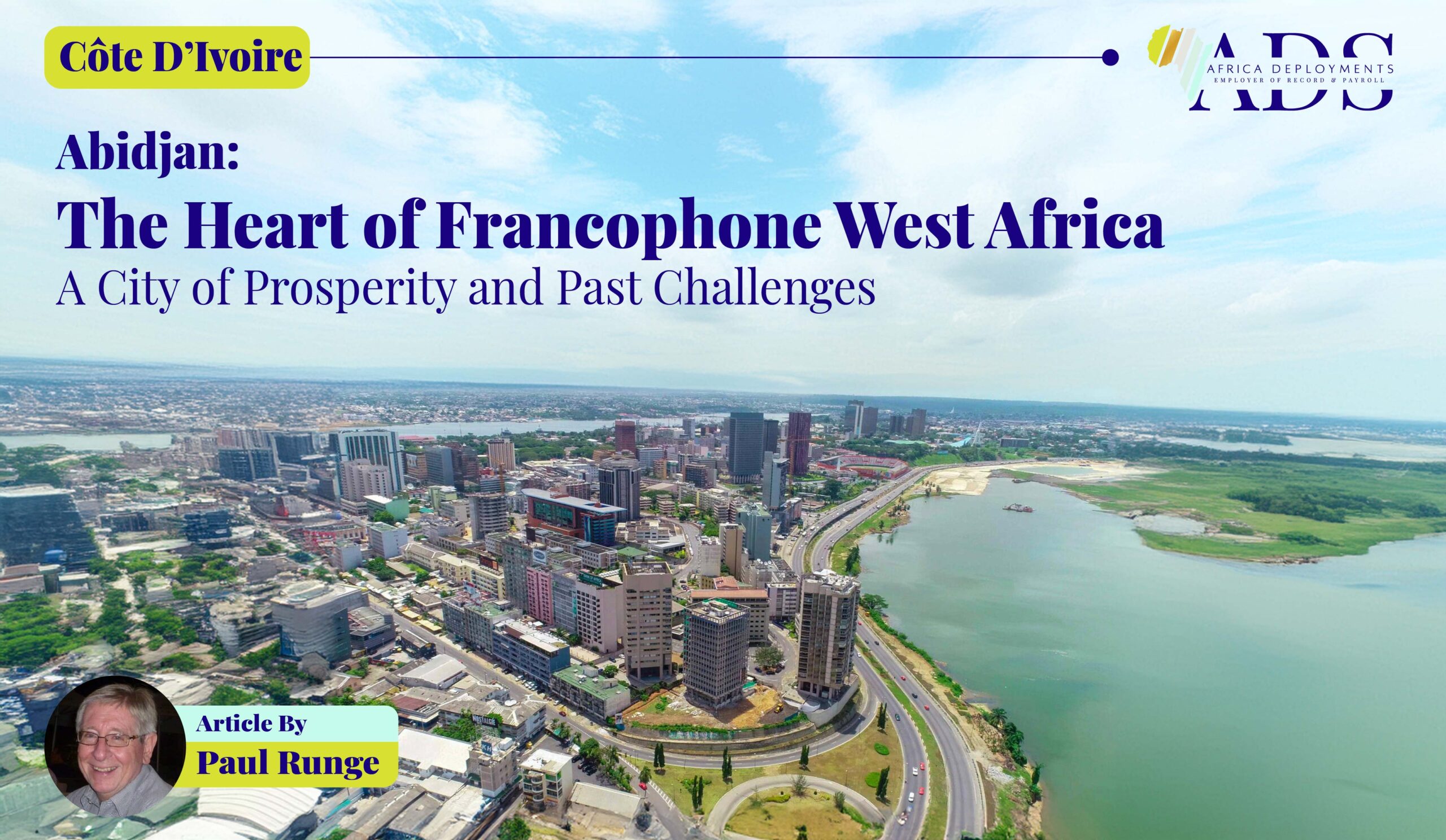
Abidjan: The Heart of Francophone West AfricA City of Prosperity and Past Challenges
My many years of visits to Abidjan
During my many visits to the city of Abidjan, I have had some interesting experiences (mostly good, but also, a few bad). My many sojourns led to my increased familiarity with and knowledge of this remarkable Francophone city. As you will later note, they included enjoyment of the culinary and many other delights Abidjan has to offer.
My first visit was in 1982. I was en route back to Paris from Libreville, Gabon, and decided to ‘drop in’ to the city I had heard so much about. I had been told that it was a surprisingly modern African city dubbed the “jewel of West Africa” and the “Paris of Africa”.
My first impressions were not good. That evening, the arrivals area of the then-Port Bouët International Airport (later named after the long-ruling President Felix Houpouët-Boigny) was crawling with young boys in virtual rags. They plucked at the bags and luggage of incoming passengers, offering assistance loudly and with alarming force. I escaped the throng and jumped into an old rickety taxi. About two kilometres from the airport, I experienced my first African police roadblock: torches shone into my face, questions about what I was doing in the country, a quick look into my luggage, and then a tired wave from a stern gendarme indicating that we could proceed. (Not what I had expected in such a reputedly peaceful and stable country.) Then the receptionists at my hotel could not find any trace of my reservation. But they finally allocated me a room.
My vision of a vibrant, modern and mystical city was restored as I looked out of my fourteenth floor window. The General Charles de Gaulle Bridge below me was magnificent: vehicles crossing the Ebrié Lagoon made a long line of moving lights, and a neat row of palms trees danced in the lamplight.
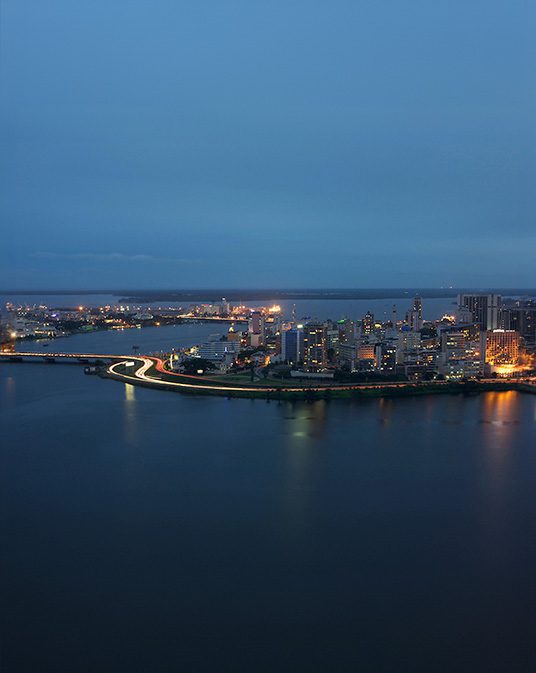
Abidjan as a vital logistics hub
Abidjan is the commercial capital of Côte d’Ivoire (Yamoussoukro in the interior is the administrative capital). It is a port city of nearly seven million inhabitants, accounting for some 22% of the country’s total population. It lies along the Ebrié Lagoon, and is separated from the Atlantic Ocean and the Gulf of Guinea by the Vridi sand bar.
The city’s port not only serves the country’s import and export requirements, but also those of its inland, land-locked neighbours: Burkina Faso and Mali. The port of Abidjan handles some 70% of the imports and exports of those countries. In 2023, it handled 32 million tons, which was an increase of over 4 million tons over the previous year. In the same year, the port transacted 1,9 million TEU’s (containers) which represented a year-on-year increase of 10%.
A few years ago, I arranged a visit to the port for my visiting business delegation. The port authority could not provide a bus for us, and requested that we use our own mini-bus. Our delegation was too numerous and only half the delegation could proceed at a time. The second group never got to see the port, as the first took too long to pass through almost-impenetrable truck traffic that had built up at the port entry points. Port congestion is clearly a problem.
Two visits in particular entrenched my impression of Abidjan as a bustling logistics hub. The truck, bus and taxi depot situated on the outskirts of the city stretched for miles. Vehicles overloaded with cargo, luggage and passengers were constantly arriving and departing for the interior of the country as well as to Burkina Faso and Mali.
The second (somewhat unpleasant) visit was to the informal abattoir in the Port Bouët area. Much of Côte d’Ivoire is too tropical for a cattle industry. The city has an insatiable demand for meat and most cattle are trucked in from the dry savannah of Burkina Faso. Thousands of long-horned cattle, sheep and goats were crowded into rudimentary pens outside the slaughter houses. The heavily-littered roads in the abattoir area were filled with trucks, cargo bikes and other transport means taking the produce to the city markets and eateries. The crowds comprised meat sellers, animal feed suppliers, drivers and beggars. An officious abattoir official in an untidy uniform stopped me from entering one of the slaughter areas.
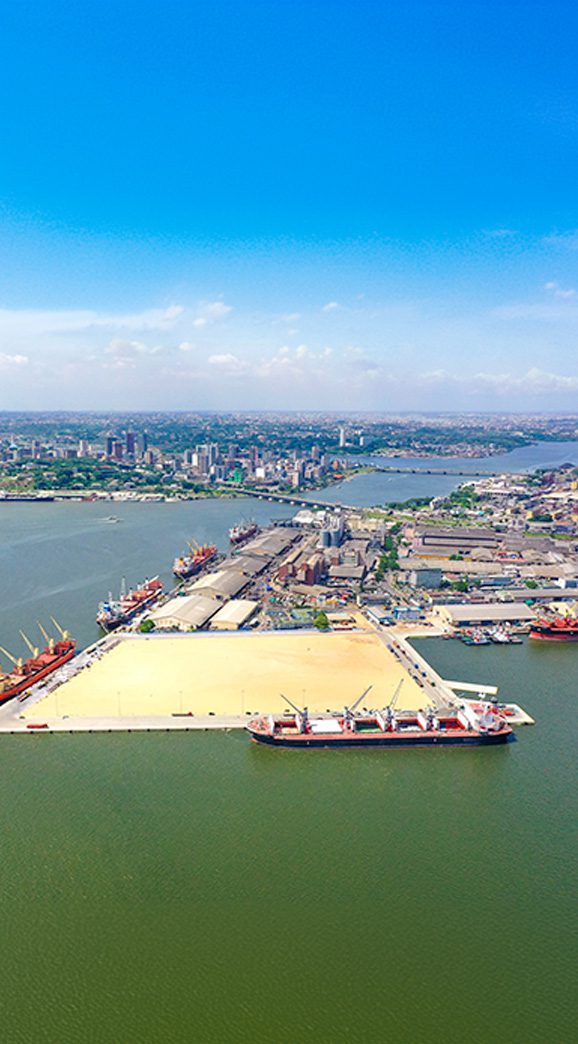
Some pleasant Abidjan experiences
During my first business mission visits, we visited the major tourist sites: the gleaming, white St Paul’s Cathedral perched on a hill overlooking the Ebrié Lagoon; the huge Hotel Ivoire situated in the plush area of Cocody, with the massive tree in its garden (a reminder that the area was once covered with high, dense jungle); the open-air laundry on the Banco River, where thousands of washermen and children earn a living from washing people’s clothing. (Environmentalists have expressed their concern over this activity.) We also found time for the odd visit to the nightspots in the Treichville neighbourhood.
Our culinary adventures included eating at the maquis – usually car parks and beaches that in the evenings are converted into large open-air eating areas where ladies barbecue chunks of meat, and large bottles of beer are served on rough wood tables. Musicians wandering between the tables keep the diners amused. A special treat was a quick drive to the coastal town of Grand Bassam (the former capital), where my clients and I joined the locals in the beach bars, bought rounds of Flag beers for all, and enjoyed passionate debates about football.
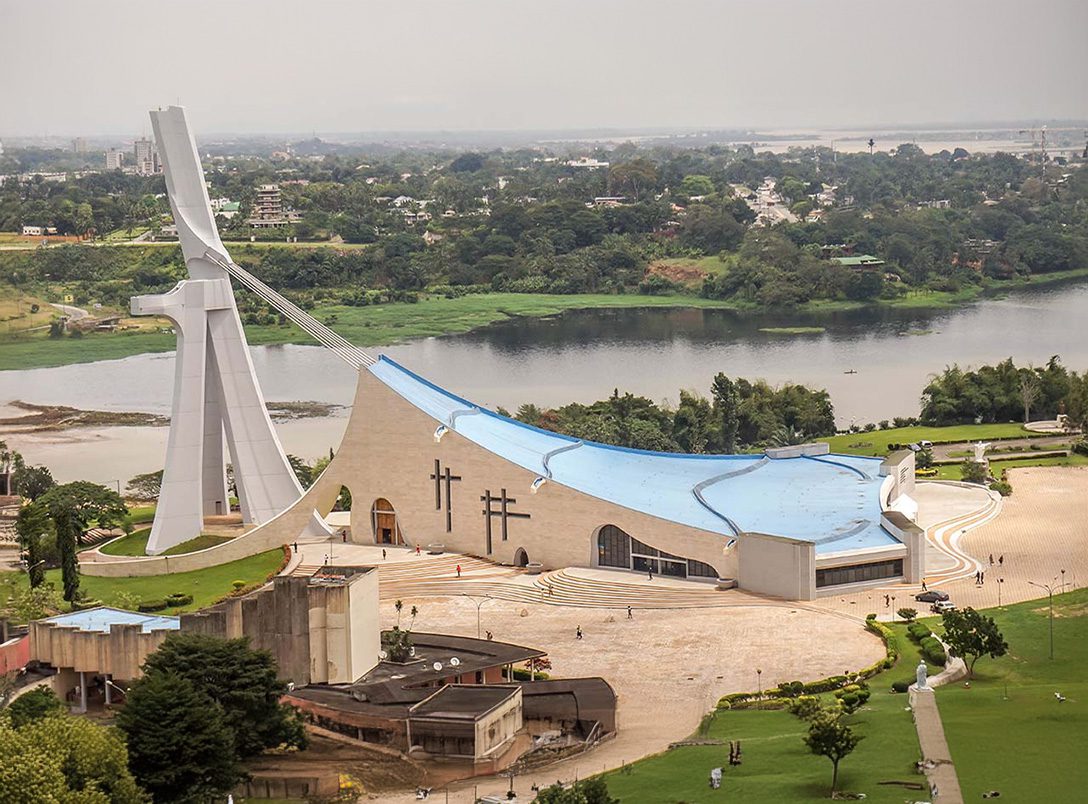
Some not-so pleasant Abidjan experiences
It was mid-2002. The atmosphere was crisp and tense as the threat of civil war between the north and south of the country gained strength. There was some uncertainty around whether the road to the airport would be open. I was staying at the Sofitel Hotel in the Plateau central business district near the headquarters of the African Development Bank. I decided to go for a quick jog, leaving my passport in my room because the weather was hot and humid and I didn’t want any moisture to damage it. Small groups of armed soldiers stood on the street corners. One group stopped me, and ordered that I produce my identity document. They scoffed at my explanation that I had left my passport in my hotel room, and asked me where I was from. My response of “Afrique du Sud” seemed to get them excited. One of them remarked that he’d heard how badly black people were treated in my country. They crowded in on me pushing their fists into my ribs and back. Then suddenly, a soldier with more epaulettes than most arrived, looked me up and down, and shouted, “Fiche le camp!” (Scram!) My return to my Sofitel safe-haven was more of a sprint than a jog!
Then there was my unfortunate participation in a ‘hash’, or social run in the Forêt Banco, a small national park situated on the outskirts of the city. The prize for completing the run was a few sponsored Flag beers. Tradition dictated that our large group of runners would be led through the forest by a local who knew the area well, and who would occasionally blow a trumpet to signal and guide the way. I suspect that our intrepid guide was more interested in getting to the crates of beer as fast as possible than ensuring our safe passage on the narrow paths through the thick vegetation. The trumpet blasts soon faded, and it did not take long for some of us to become totally lost. After an hour of walking in apparent circles, the sun began to drop and the shadows lengthened. We had heard that bandits operated here in nightfall. Our anxiety levels were high, and we were greatly relieved to finally stumble back into the park that had been our departure point.
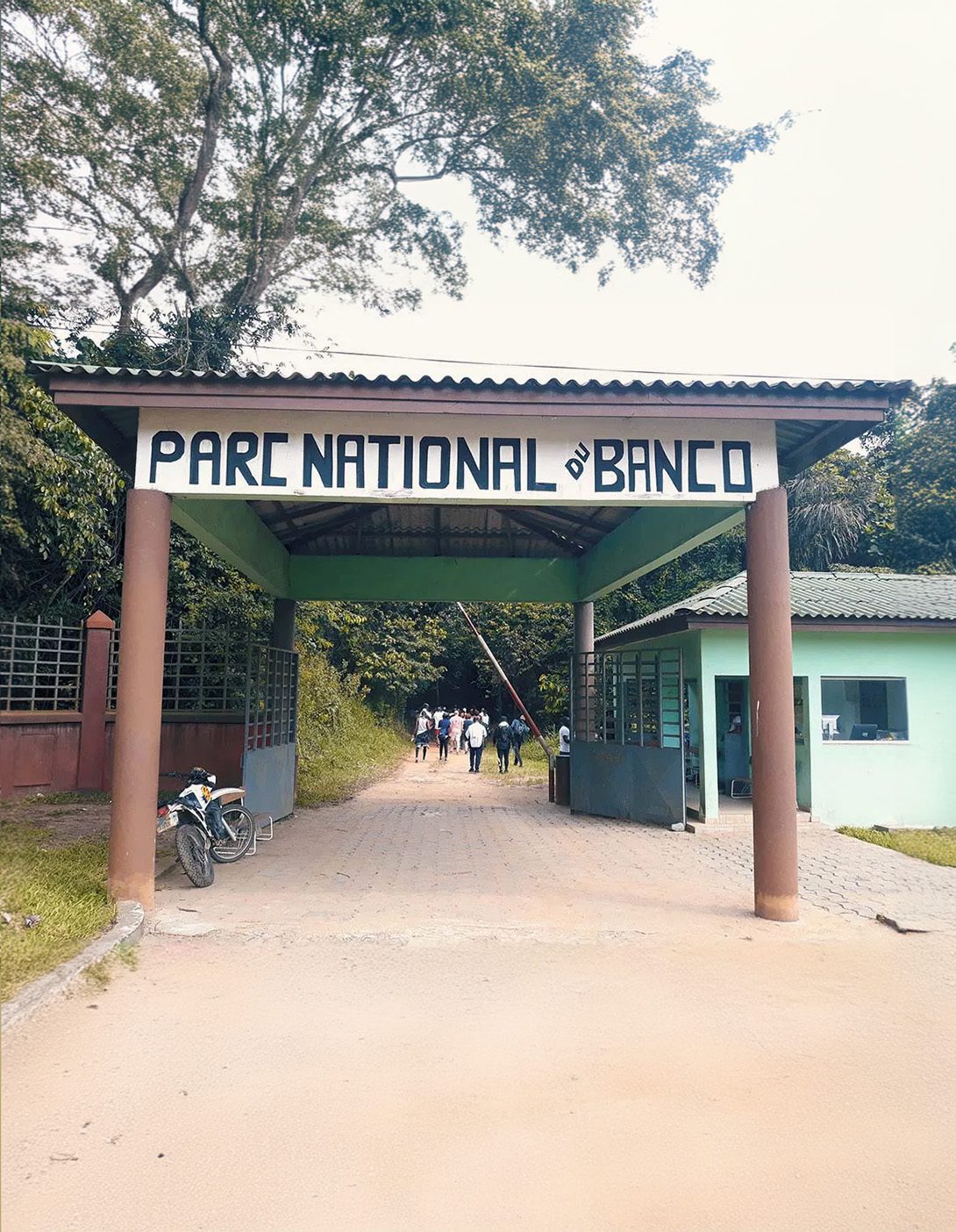
A city with an unexpectedly high level of industry
My last business mission to Abidjan was in October 2018. The client was in the plastics industry, and had started producing modular plastic components for traffic light systems in South Africa’s Western Cape Province. He wanted me to identify possible Ivorian partners who had relatively sophisticated plastic moulding capabilities for the local manufacture of his product.
We visited plastics producers in the city’s various industrial areas: Koumassi, Vridi and the very new PK24 industrial zone. Our visits included factory inspections. We were both surprised by the size of the industry in Abidjan, as well as the high level of manufacturing technology. Some of the production units were world-class. I made the safe assumption that the other manufacturing operations we came across in the industrial zones were also of greater sophistication than we had surmised.
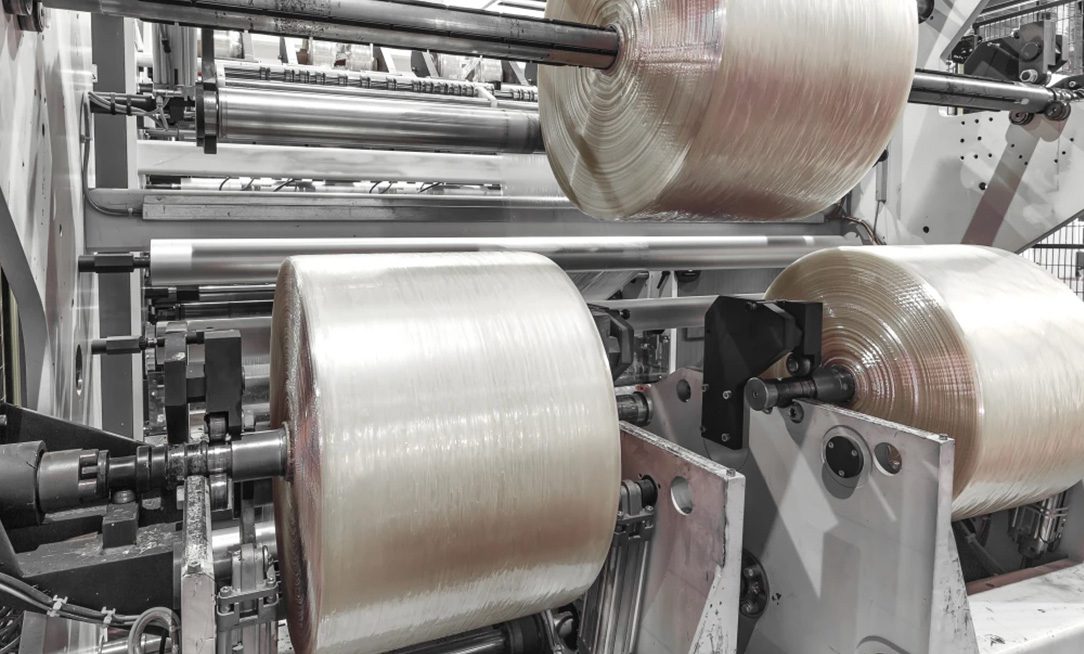
And Africa Cup of Nations soccer champions to boot
Côte d’Ivoire has just hosted a very successful 2024 African Cup of Nations tournament which the nation also won. Abidjan provided two of the stadiums used: the 60 000-seater Alassane Ouattara-Ebimpé, where the final was played, and the 20 000-capacity Félix Houphouët-Boigny.
Abidjan is a thriving hub that is just too important for companies (Francophone, Anglophone or any other ‘phone’) to ignore.
